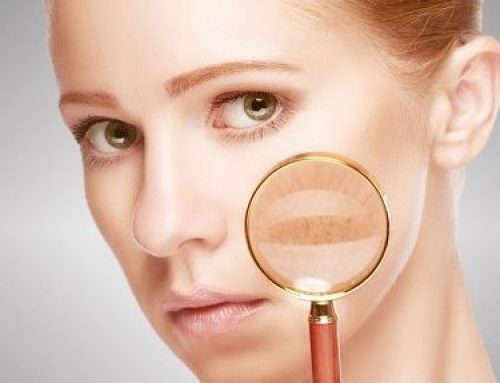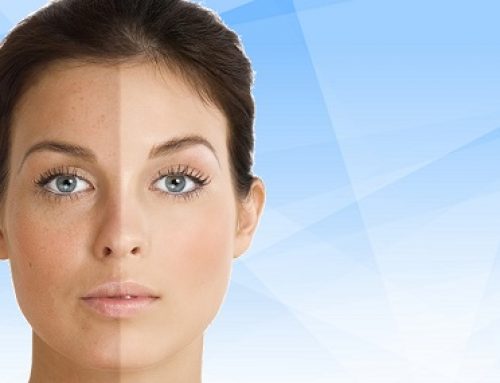Though certain people are more susceptible to specific types and causes of pigmentation, people across all types of complexions, ethnicities, and backgrounds are affected. The causes of pigmentation vary, from prolonged sun exposure and acne scarring to heredity and hormone imbalances. Understanding the cause of your pigmentation will allow you to take the proper steps toward rejuvenating the look and evenness of your complexion.
Below is a breakdown of some of the most common causes of pigmentation, and which treatment options are most adept at treating these specific causes.
Hormones and Genetics
Some causes of skin pigmentation are avoidable. Others, such as hormone imbalance and genetics, are nearly entirely out of our control. For those of us with fair complexions, the likelihood of genetics playing a factor in pigmentation is increased significantly. And, due to preexisting conditions or medical issues, pigmentation caused by issues with hormones can be tricky to remedy. However, there are treatment options available for all types of pigmentation, regardless of their causes, and those due to hormones or genetics are no exception.
Pigmentation caused by hormones and genetics is most often associated with melasma, a form of pigmentation that causes splotchy brown spots primarily on the cheeks, forehead, upper lip, and chin area. This excess of melanin can cause complexions to become uneven, and can affect tissue deep within the dermis.
Because the effects of melasma often penetrate deep into the skin, treatment can be tricky. Procedures such as chemical peels and at-home topical products, especially those infused with hydroquinone, retin-A, tretinoin, and other skin lightening agents, can have profound benefits for treating chronic melasma.
Acne and Injury
Another common cause of pigmentation is injury to the skin. Cuts, deep or superficial wounds, and severe cases of acne can result in excess pigmentation and spots of uneven, darkened skin. The good news with this type of pigmentation is that the affected skin can be treated in a variety of different methods, such as chemical peels, microdermabrasion, and microneedling.
Microneedling, in particular, is a terrific option for treating pigmentation, as its deep penetration promotes natural healing processes and collagen production deep within the skin. This helps ensure that pigmentation caused by injury is dealt with at the root of the issue, resulting in brighter, clearer skin on the surface.
Prolonged Exposure to the Sun
Who doesn’t love sunny days and trips to the beach? With proper sun protection – including the daily application of a sunscreen with a rating of SPF 30 or higher – time spent in the sun can be healthy and rejuvenating. Prolonged exposure to the sun without proper protection, however, can cause serious damage to the skin, including unwanted pigmentation. To treat pigmentation caused by sun damage, procedures such as the IPL Photofacial can have tremendous effects on reversing age spots and other related issues.
About Jennifer
Jennifer Curtin is a medical aesthetician, who is nationally recognized for her expertise in medical skin care. With more than 20 years of experience in medical aesthetics, she is dedicated to the aesthetic industry and has received awards of merit including the International CIDESCO Certification, Assistant Cosmetic Laser Practitioner and National Leadership Award. Jennifer is also an expert in micropigmentation and the president of Skintherapy, which is located in the Buckhead section of Atlanta. To schedule a complimentary appointment with Jennifer, call 404-358-2961 or click here to submit a consult request online.




